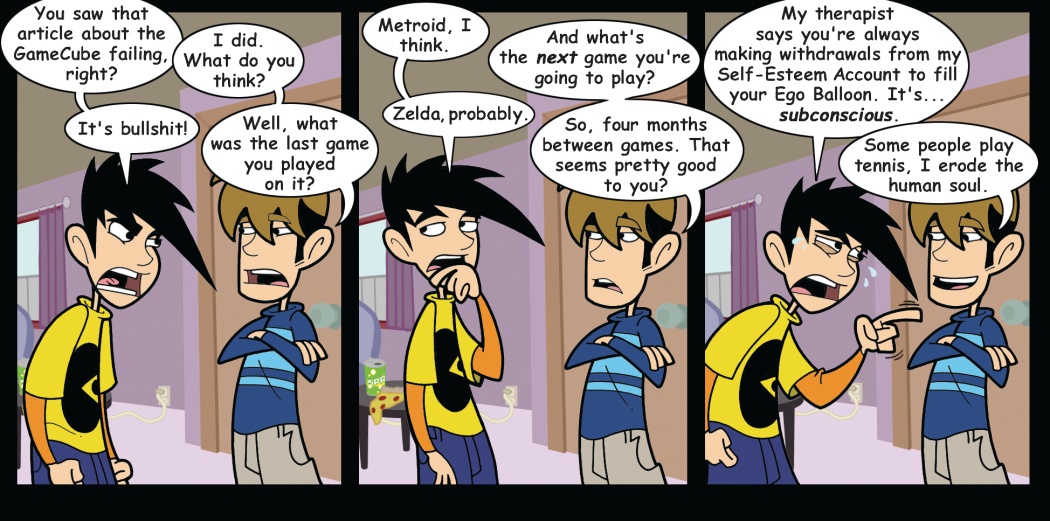A lot has to go right to get a new TCG going in your friend group. It's like founding a new religion, or maybe a terror cell - you need to make firm believers of them, and fast. They need to see the face of God instantly and hurl all doubts into a cleansing flame. You can always fall back on Magic the way you would D&D or, I don't know, Catholicism? These are proven brands that have stood the test of time and everybody has a few cards or dice or… beads, I guess. Wine might be better. Trying to get people to worship some off-brand deity like Baal takes a bit more doing. You gotta loosen that jar.
The TCG for Gundam, called the "Gundam Card Game," has now crossed a vital threshold. We have perhaps five people drawn into its dark gravity, which should be sufficient to catalyze all manner of terrible decisions. I didn't go into what makes it interesting before because I don't like to take things from you, but it does rely on a few ideas that are traditional in Japanese card games, particularly around comeback mechanics. That's probably how it passed muster.
I mentioned that one of the challenging things for me about the Pokemon Trading Game Pocket was that it doesn't have the Prize Card system that I think is really a standout feature. Because you need to take six cards out of your deck and set them to the side, earning one whenever you defeat an enemy Pokeyman, some of your core engine pieces might be out of your grasp. It makes the game more interesting. Many Japanese games I've played do Prize Cards in reverse - you remove cards from your deck, but you don't earn them for defeating opponents; you get these "Shield Cards" cards when your opponent hits you.
So, already we're talking about granting you a resource when you need it, as opposed to winning more because you won before. But there is a really exciting system you might not have seen if most of your experiences are with Western product. In Gundam, when you flip over that card after taking damage, it might have the Burst keyword - which means it gets played immediately for no cost. These cards are essentially your hit points, and you have six of them, but they also get burned as a resource by some cards. The push/pull of these systems leads to close games and triumphant fists, raised high in the air like a sacred rod.
The game also doesn't have a mana system in the traditional way. Similar to Buishiroad's excellent Shadowverse: Evolve, you get one more "mana" every round. Then it adds in a wacky layer, which is that the cost of a card is separate from what total "mana level" it can be played at. So there is a dual curve to card power that gives games something like a narrative arc. Powerful heroes arrive at the Dawn.
I only got into it because I wanted to get Gabe those preview Gunpla figs for the upcoming wargame, and at three for thirty five bucks it was a steal - I thought I might as well play the card game that came with them because it was "free," and now I'm in all kinds of fucking trouble. What cemented it for the group probably was the Team Battle Rules, which lets you go 2v2 with an interleaved set of eight Shield Cards. There's a Battle Royale mode too, but that other one would be hard to beat vibes-wise.
(CW)TB out.
